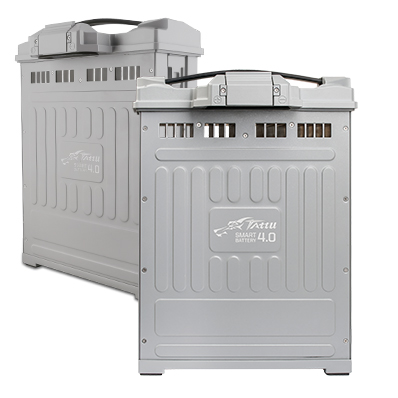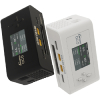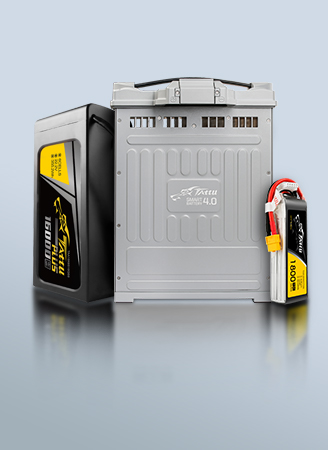What Is UPS Battery Backup?
In our increasingly technology-dependent world, power interruptions can be more than just an inconvenience; they can lead to data loss, equipment damage, and workflow disruptions. This is where UPS battery backups come into play. In this article, we will explore the functions and benefits of UPS backup battery, distinguish them from simple battery backup systems, delve into their usage, discuss their lifespan, and guide you on determining the appropriate size for your needs.
What does a UPS battery backup do?
A UPS battery backup serves as a safeguard against power outages, fluctuations, and surges. Its primary function is to provide a temporary power source to connected devices when the main power supply fails. Battery back ups are equipped with batteries that store electrical energy, allowing for a seamless transition during power interruptions. This temporary power ensures that critical equipment, such as computers, servers, and networking devices, can continue running long enough to be properly shut down or to keep essential processes operational.
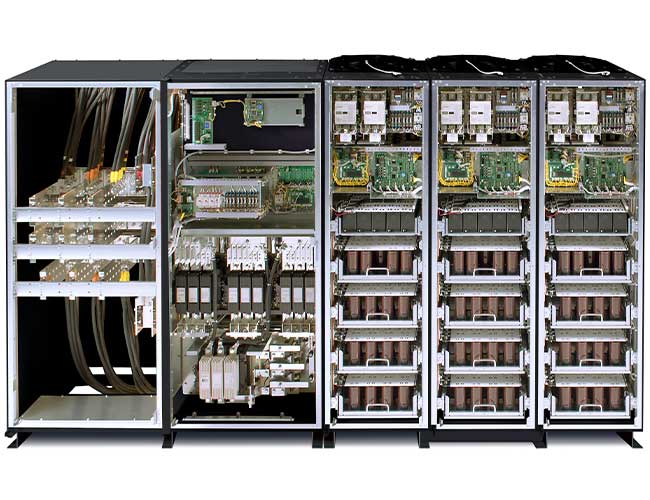
Difference between UPS and battery backup system
While the terms "UPS" and "battery backup" are often used interchangeably, there are distinctions between the two. A battery backup system, in its most basic form, provides power from stored batteries during outages but may not offer additional features. On the other hand, a UPS is a more comprehensive system that not only includes a battery backup but also features power conditioning and surge protection. UPS battery backup can smooth out voltage irregularities and protect connected devices from power spikes, ensuring a stable and clean power supply.
How do I use UPS backup battery?
Using a UPS battery backup is straightforward. First, connect the battery backup UPS to a power source and charge its internal battery. Then, plug your critical devices into the designated outlets on the UPS. During a power outage or disturbance, the UPS will automatically switch to battery power, ensuring uninterrupted operation of your equipment. Some advanced UPS models may provide software to facilitate graceful shutdowns of connected devices in case of prolonged power outages.
How long will a UPS battery backup last?
The duration a UPS battery backup can provide power depends on various factors, including the capacity of the battery, the load (the total power consumption of connected devices), and the specific model of the UPS. Generally, UPS backup battery is designed to offer enough runtime for a safe shutdown of systems or to bridge short power interruptions. For extended power backup needs, larger capacity UPS backup battery or additional external battery packs may be required.
How big of a UPS Battery Backup do I need?
Determining the appropriate size of a UPS battery backup involves assessing the power requirements of your connected devices. Calculate the total wattage or volt-amperes (VA) of the equipment you want to protect. The basic formula for sizing a UPS is: Required VA or Watts=Total Power×Safety Factor. It's advisable to choose a UPS battery backup with a capacity that exceeds this total to ensure ample power reserves. The safety factor is typically 1.2 to 1.5 to account for inefficiencies, future device additions, and to ensure a margin of safety.
Should a UPS battery backup be plugged into a surge protector?
Before answering this question, we must understand what surge protectors are. Surge protectors are designed to safeguard electronic devices from sudden voltage spikes or surges. These spikes can result from lightning strikes, power grid fluctuations, or other electrical issues. Surge protectors work by diverting excess voltage to the ground, preventing it from reaching connected devices. However, a UPS attery backup offers more comprehensive protection. In addition to surge protection, a UPS battery backup provides a battery backup that allows connected devices to operate seamlessly during power outages. In general, it is not recommended to plug a UPS into a surge protector. The reasons are listed as follows:
◆Double Protection: UPS units already include surge protection as a built-in feature. Plugging a UPS into a surge protector may result in double protection, potentially causing interference or limiting the effectiveness of the devices.
◆Warranty Concerns: Some UPS manufacturers explicitly state in their product documentation that their devices should not be plugged into surge protectors. Doing so might void the warranty or create issues with the proper functioning of the UPS.
◆Voltage Regulation: UPS units often include voltage regulation capabilities, ensuring a stable power supply to connected devices. Plugging a UPS into a surge protector might interfere with this regulation process.
Conclusion
A UPS battery backup is a valuable investment for anyone reliant on electronic devices and data integrity. By offering protection against power disruptions, fluctuations, and surges, a UPS ensures the continuity of critical operations. Understanding the differences between a UPS battery backup and a basic battery backup system, along with knowing how to use and size a UPS unit appropriately, empowers users to make informed decisions to safeguard their electronic equipment and maintain productivity even during unexpected power challenges. As a global leader in lithium battery cell manufacturing, Grepow offers professional customization solutions for UPS battery packs and Battery Management Systems (BMS), catering to your specific application requirements. If you have any questions or needs, please feel free to contact us at info@gerpow.com.
Related Articles:
DC UPS vs AC UPS: What’s the Difference?
UPS Battery Market Forecast Research Report
Frequently Asked Questions for UPS Battery Replacement
Related Articles
-

High Voltage Batteries: Basics & Applications Guide
2025-02-28 -

Semi Solid State Battery vs Lifepo4 Battery: What's the Difference?
2025-01-20 -

How Drone Light Shows Are Created and Key Battery Power Requirements
2024-10-21
Related products
-
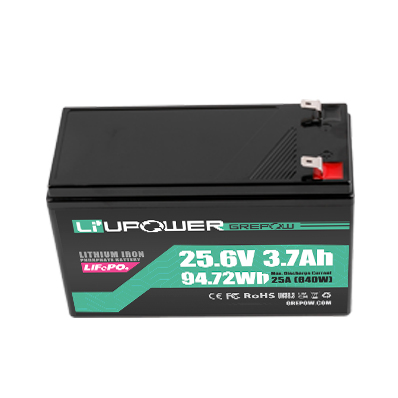
24V 3.7Ah 35C Discharge Rate Li+UPower Series UPS Modular Battery
-
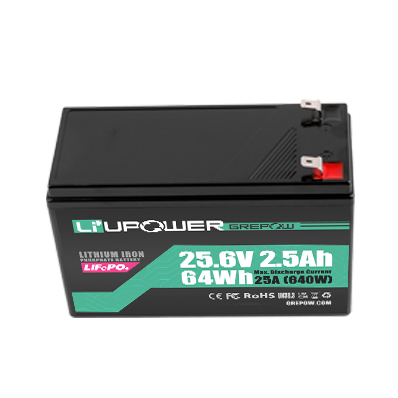
24V 2.5Ah 35C Discharge Rate Li+UPower Series UPS Modular Battery












